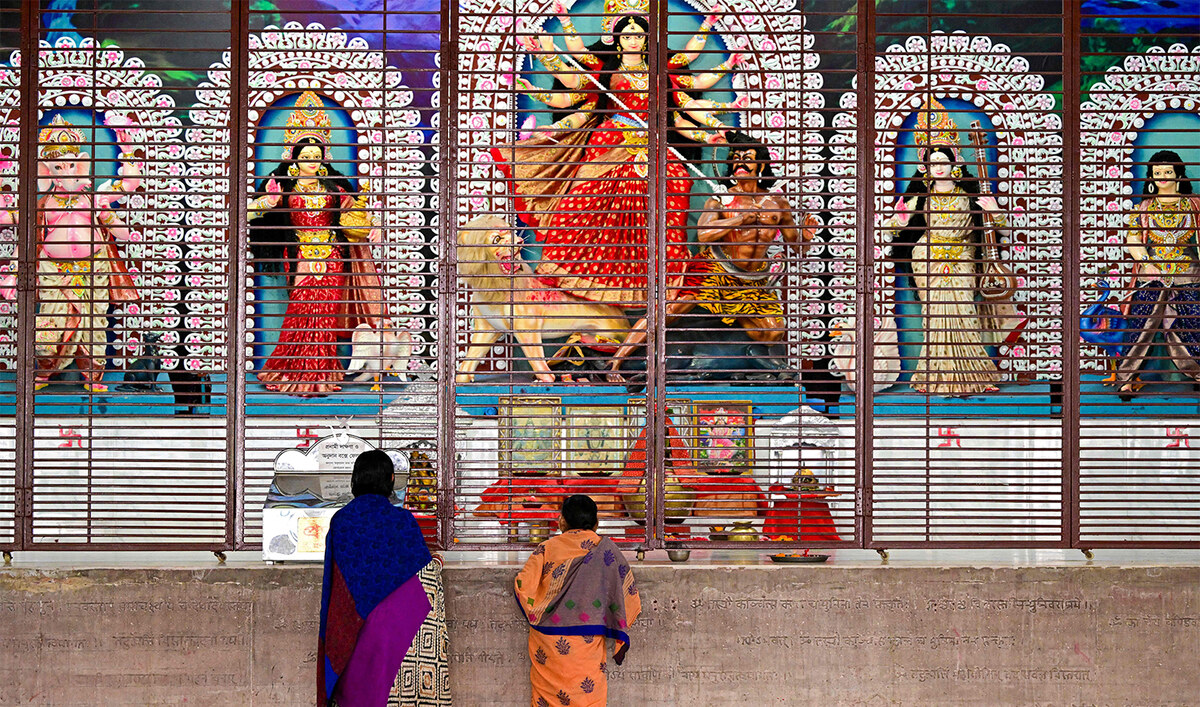JEDDAH: The Italian coast guard launched a rescue mission on Saturday to save more than 200 migrants stranded on an overloaded boat drifting in the Mediterranean.
The migrant recovery vessel Louise Michel, funded by the British street artist Banksy, sent out a series of distress calls after picking up 219 refugees since Thursday off the coast of Libya.
A coast guard patrol boat sent from the southern Italian island of Lampedusa took on board 49 of those considered most vulnerable, including 32 women and 13 children.
But despite the help from Italy, the Louise Michel, a former French navy boat with a crew of 10, said it had still not found a safe port for the rest of the mainly African migrants on board. The crew said its situation was worsening, and appealed for help from authorities in Italy, Malta and Germany.
“We are reaching a state of emergency. We need immediate assistance,” said one message. At least one migrant had died, it said.
FASTFACT
49
A coast guard patrol boat sent from the southern Italian island of Lampedusa took on board 49 of those considered most vulnerable, including 32 women and 13 children.
Another message said the boat was unable to move and “no longer the master of her own destiny” because of her overcrowded deck and a life raft deployed at her side, “but above all due to Europe ignoring our emergency calls for immediate assistance.”
Before Italy’s coast guard intervened, the Italian charity ship Mare Jonio left the Sicilian port of Augusta, much further away than Lampedusa, to offer assistance.
Two UN agencies called for the “urgent disembarkation” of the Louise Michel and two other ships in the Mediterranean carrying hundreds of migrants.
About 200 are on the Sea Watch 4, a German charity ship, and 27 have been on board the commercial tanker Maersk Etienne since their rescue on Aug. 5.
The International Organisation for Migration and the UN High Commissioner for Refugees said they were “deeply concerned about the continued absence of dedicated EU-led search and rescue capacity in the central Mediterranean.”
“The humanitarian imperative of saving lives should not be penalized or stigmatized, especially in the absence of dedicated state-led efforts,” they said.



























